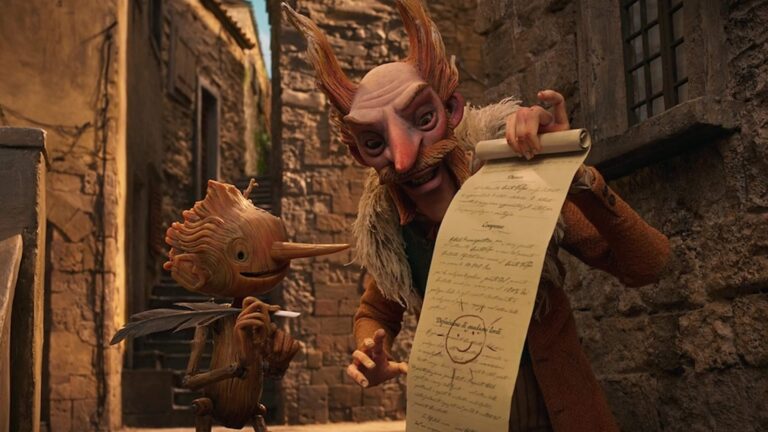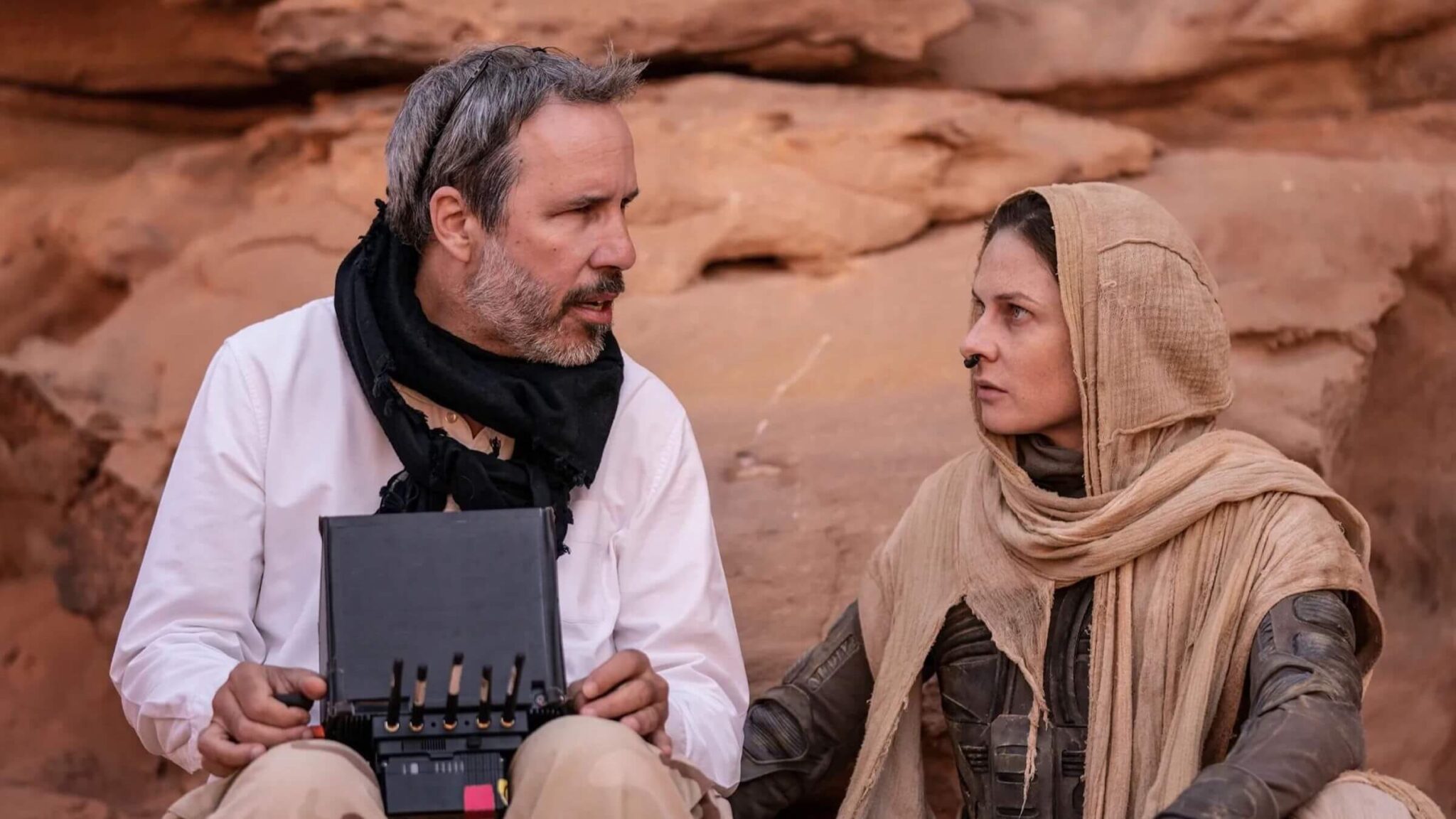What does it take to make movies that are successful worldwide? This is the question we sought to answer at a WGA-sponsored panel at this year’s US China Film and Television Industry Expo on September 28th-29th in Los Angeles. Panelists Laeta Kalogridis, Patrick Lussier, and John Aboud have all made films that were wildly successful worldwide and I brought them together to try to unpack what works and what doesn't, from the inception of the story through the writing process.
China is the fastest growing market for Hollywood, and the only expanding theatrical market worldwide — in the United States and Europe we’ve plateaued. So whether you write explicitly for the Chinese market (as I do) or just keep an eye on the international horizon while breaking story, none of us can afford to ignore the wider audiences beyond our local multiplex. Films are the way we share experience and, when done right, have the power to connect across continents and hopefully make us all a more understanding and united global family.
So how to do it? First of all, make sure you’re asking the experts.
Laeta Kalogridis is a Writer/Producer who, with writing partner Patrick Lussier, is re-launching the Terminator series for Skydance Entertainment. The first of the series, Terminator: Genisys opened in theaters July 4th weekend and has earned more than $440 million worldwide. Additional credits include the first X-Men, Tomb Raider, Alexander, and Shutter Island. She was a producer and co-writer on quite possibly the most internationally successful film to date, Avatar.
Writer/Editor/Director Patrick Lussier co-writes with Ms. Kalogridis and his other films include (as a director) Drive Angry 3D, My Bloody Valentine: 3D, White Noise 2, the Dracula vampire trilogy for Wes Craven, and The Prophecy 3.
John Aboud, with writing partner Michael Colton, wrote The Penguins of Madagascar for DreamWorks Animation and has been actively developing a Chinese animated feature for Oriental DreamWorks. Colton & Aboud were staffed on TV shows Childrens Hospital, Allen Gregory, Leverage, and more.
I assembled this dream team because their films have been highly successful worldwide and especially in China, and they represent three distinction genres: Action/Adventure, Thriller, and Family Animation. The title of our discussion was “International Storytelling: What it takes to make films resonate worldwide.” The audience included producers, financiers, executives, agents, and filmmakers from every stage in the process, at least half Chinese nationals listening over headsets to our talk in Mandarin. And while I must caveat that there is no formula for international success, no checklist to carbon-copy a blockbuster, no movie has any chance without starting from a great script that takes to heart the lessons below.
Step #1 Universality
Start with myth. Whether you rely on Joseph Campbell’s archetypes, Aristotle’s poetics, Jung’s collective unconscious, or any other narrative structure, you have to understand that there are certain stories that are fundamentally human. Every culture has its own version of star-crossed lovers, reluctant heroes, lost warriors trying to get home or grand quests. Every culture has these because these stories, the Great Stories, are bigger than all of us. They touch upon something fundamentally human. They are simple, understandable and instantaneously relatable.
This means that you must understand the fundamental archetypes and stories that underlie whatever drama is primary in your script. Working from the framework of these archetypes doesn’t mean you are copying or plagiarizing, instead it means you are starting from a story rooted deep in the human heart. Trust that, don't lean away from it.
This was the point in our discussion when Laeta, Patrick, and John could really show off what insanely creative story geeks they are. The conversation started with Homer and Ovid and covered Gilgamesh, James Bond, and the Beatles before we were done. Laeta pointed out that during the writing of Avatar they would refer to the story as Pocahontas or Dances With Aliens. The fundamental story is the same: A conqueror comes to a foreign land, falls in love with a local woman and chooses to fight for her people against his own.
And this means do your homework — It’s not enough to just to know Western mythology. If you want to write for China it’s especially important to know the Three Kingdoms and Journey to the West.
Step #2 Add Emotion and Family
As you build your characters on top of the structures discussed above, emotion and family are the things that make these characters resonate. Keep it simple and stay rooted to the conflicts and experiences we all have – this will make your story feel personal.
Patrick and Laeta talked about how it was extremely important for them that their vision of Terminator was a very family-centric story, even if it was a makeshift family. The struggle, love, and connections within family are things that every person on the planet can understand. Lean towards that when you write, and find your own unique way of telling it.
Step #3 Villains Should Evoke Fundamental Fears
“All humans fear death,” said Patrick Lussier. “The things that motivate us are fear and love.” He spoke about how villains should touch upon very fundamental fears: the unknown, the dark, and death. Every human wonders and fears what happens after death, which is why zombies and vampires are both fascinating and terrifying.
For more on villains, check out the ScreenCraft piece “15 Types of Villains Screenwriters Need to Know.”
Step #4 Localize to the Specific Culture or to Global Communities
If you’re going to appeal to international audiences, you can’t tell a story that takes place all in one small town that no one has ever heard of. Although I’m quick to reference my earlier warning about “no formula” and there’s always an exception to every rule, if you want to tell a global tale then tell a global tale! Every Fast And Furious movie since the first has taken place in a new corner of the world, just like the Bourne movies and James Bond. This gives an instant international flair.
And if you are planning to include international characters, locations, and set pieces it is critical, again, that you do your homework. Don’t get the facts of a country or culture wrong and don’t assume you know everything about another place if you’ve never been there. This is especially important when it comes to writing for China. While there are true universals of human experience, the everyday life and national myths between different cultures can be very different. China and America are quite similar precisely because they both think they’re the greatest culture on the planet. Which means don't expect a culture as complex and advanced as China to embrace every American idea. China has its own cultural touchstones and national myths. It’s your job as a writer to understand them or at least learn as much as you can.
“Approach with humility,” John Aboud said. He told a story about working on an animated project in China where the opening voice-over was a girl talking about changing her destiny. Well, that’s a very American perspective on life. The Chinese instead believe that destiny is fixed but we have the power to change our fortune. This difference is critical to connect to your audience. Laeta brought up how the underlying philosophy of The Matrix is a great example of storytelling from an Eastern, Chinese perspective – the belief in destiny at the basis of that film is very Chinese.
Step #5 Remember the Fun
And this is the lesson we leave with. Because while understanding myth, emotion, and culture are critical, it’s just as important to have blue aliens, talking penguins, killer robots, explosions, car chases, sight gags, and hilarious fun. That’s why we go to the movies, after all!
So speak to the human, but remember the fun.
Are you writing a movie for a global audience? We're offering a huge opportunity to up to 4 screenwriters through the Orb Media China-Hollywood Screenwriting Fellowship.
Director and Writer Emily Dell works in high-concept action and dance, stories with international flair and a nod to popular culture. Her last film B-Girl airs on Netflix, Showtime and Starz. Her comic book Romeo & Juliet and Guns was just released by Emet Comics. She is contracted to write and direct an action movie The Rules of Business for The China Film Corporation. She studied film at UC Berkeley and NYU and Shakespeare at Oxford. She is a member of The Writers Guild, Film Fatales, and sits on the board of the Alliance of Women Directors.
Tags
Get Our Screenwriting Newsletter!
Get weekly writing inspiration delivered to your inbox - including industry news, popular articles, and more!





























